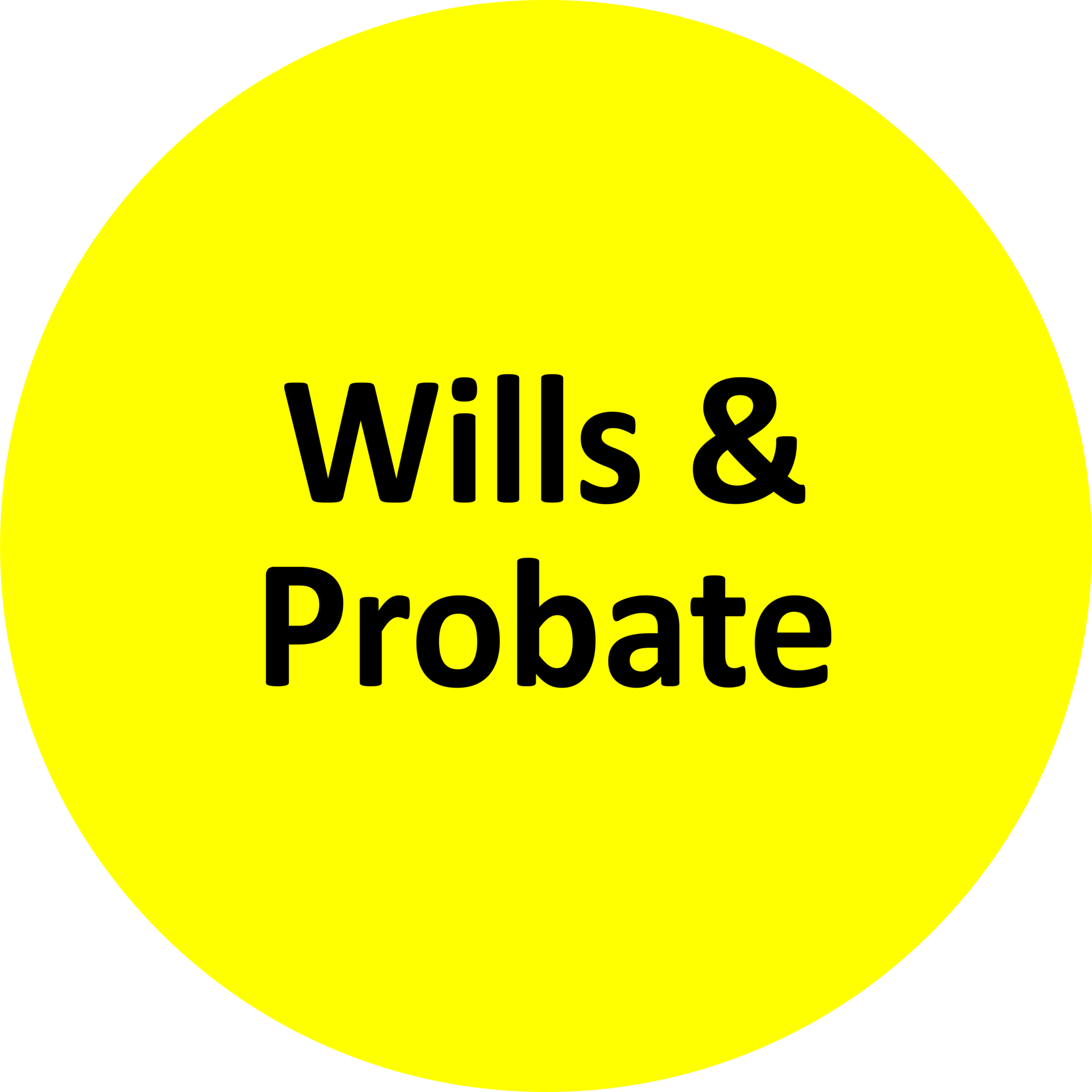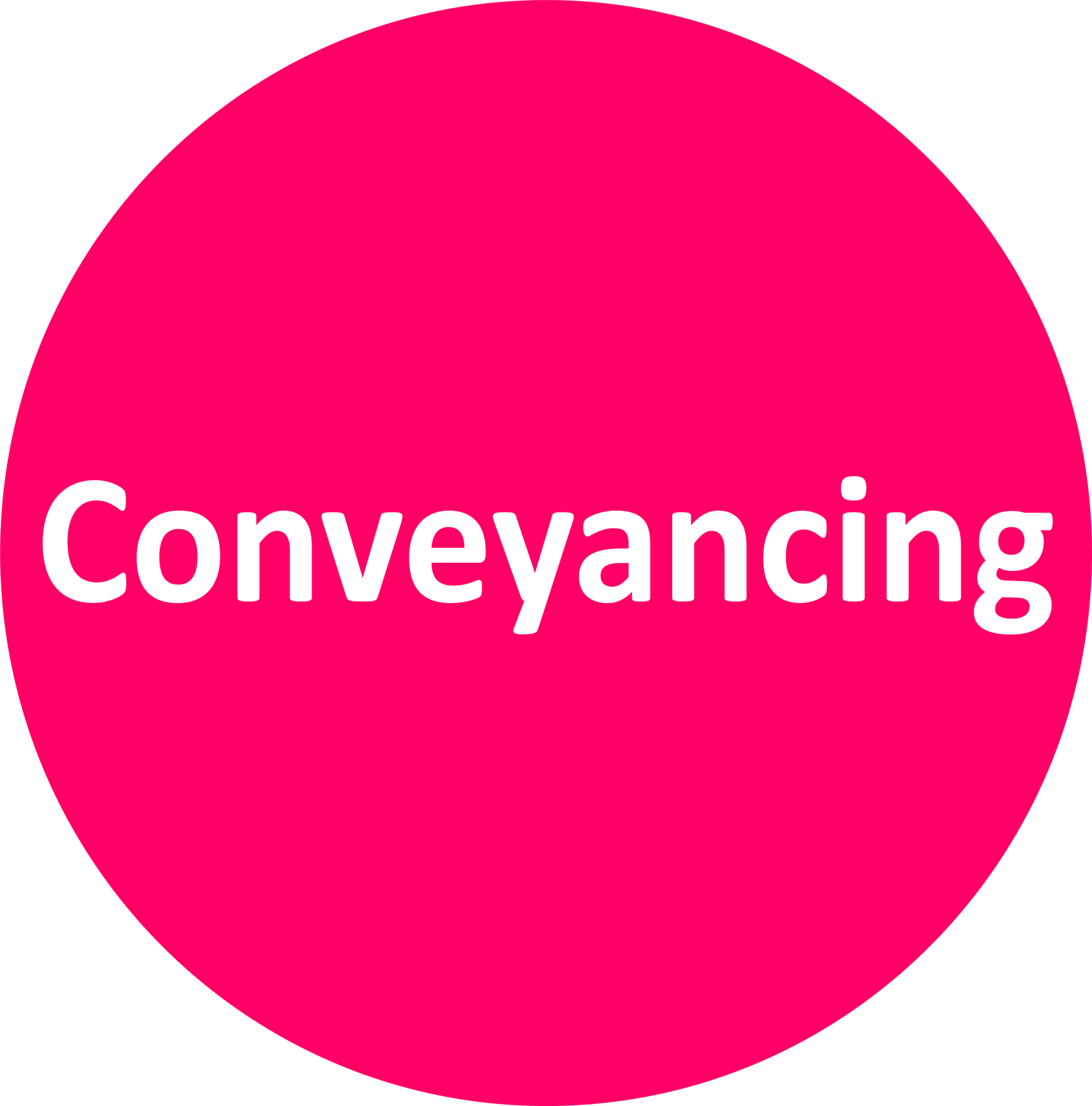What is a Home Reservation Scheme?
Posted on 3rd May 2019
You may have seen in a popular newspaper this week, the headline “Man, 64, selling 3-bed home in posh area for ‘£200,000 discount’ – but you have to let him live in it”. Whilst the Newspaper goes on to report this incident as if it is some bizarre unheard-of money-making ploy, local Conveyancers and Property Solicitors recognise that the Newspaper has just caught sight of a home reservation scheme.
A home reservation scheme is basically one type of equity release (the other being a lifetime mortgage) in that it ‘frees’ up some of your money that may be tied up in your home, but only if you are going to remain in your home.
With a home reservation scheme, you would sell part or in the case of the reported matter, all of your home for a lump sum cash payment; other home reservation schemes may give you monthly pay-outs rather than a lump sum. When you sell your property as a part of a home reservation you usually only receive between 20 and 60% of the market value. The justification for this is usually that, because you are receiving either monthly, or a lump sum cash payment and you still get to live in the property, the reservation company or individual are taking a risk with housing prices, and do not know when they will get their money back. The individual or company you sell the property to will get to keep all of the sale proceeds when they do eventually sell, and they will usually be able to sell for the full market value; so essentially they get to buy cheap and sell at a profit without doing anything other than sitting back and waiting. A further benefit for the company is that whilst you are living there rent free you are still expected to pay any ground rents or service charges as they fall due. Usually, the older you are when you enter in to a home reservation scheme, the higher percentage you will be able to sell your home for.
There are a lot of pros and cons when it comes to reservation schemes and any property lawyer will always ask if you have taken financial advice before you enter into one of these agreements. For example, a lump sum down payment will give you the freedom to manage your money. However, if this money is not managed well it could “dry-up”; whereas monthly payments offer a little more security, as some people live off these payments as if they were a pension of sorts. However, if you were to die soon after payments stop, it could mean that you have received even less money for your property! A reservation scheme is often used by people as a way of self-funding for care fees allowing them to live in their own property until their dying day. The equity released on your property is usually tax free and these schemes can help people lessen their inheritance tax liability. However, receiving a lump sum payment could provide you with a big chunk of savings or indeed monthly payments may contribute to your monthly income either scenario could result in you not being entitled to certain benefits, or support that you may need. The inheritance you pass on to your beneficiaries will be substantially reduced and won’t include your home itself as you are no longer the sole owner of your home. If you end a plan early, you would need to buy back the share you sold at full market value which could be a lot more than you sold it for. They can be inflexible if your circumstances change – not all equity-release schemes are portable from one home to another and you’ll usually need the provider’s permission for someone else, such as a relative, carer or new partner, to move in. Lenders will expect you to keep your home in good condition, so you will need to set aside some money for repairs and maintenance.
From a potential buyer’s point of view you may think that these high risk schemes are win-win. Andre-Francois Raffray thought so. He agreed to pay 90-year-old Jeanne Calment a monthly fee until she died, as a home reservation, with the agreement that Mrs Calment would live in her property until her passing. However, Mrs Calment ended up living another 32 years, becoming the world's oldest woman reaching an age of 122.
She actually outlived Mr Raffray, who paid her more than double the flat's value before he died at age 77 - and on his death his family had to keep paying her!
It will always pay to seek independent legal advice when you are considering equity release or a lifetime mortgage from independent local solicitors who are not receiving any commission or incentives from equity release companies. Call MG Legal for all of your property needs.
MG Legal - Your Local Solicitors
Tagged as: Buyers, First Time Buyers, Preston Property Law, Preston Solicitors, Property Advice, Sale, Solicitors Lancaster, Your Local Solicitors
Share this post:








